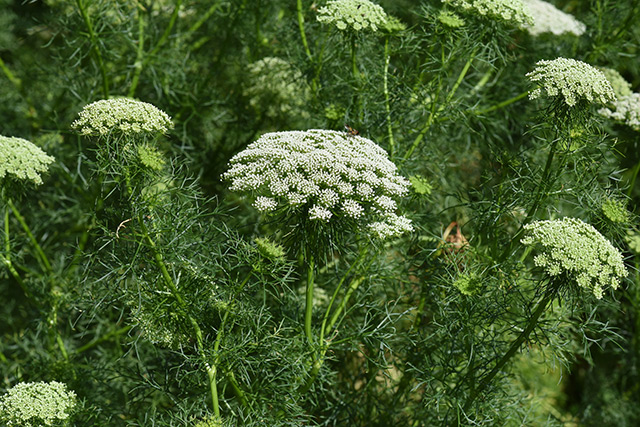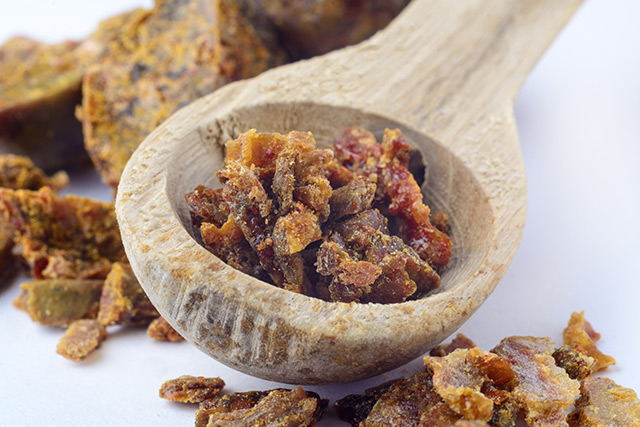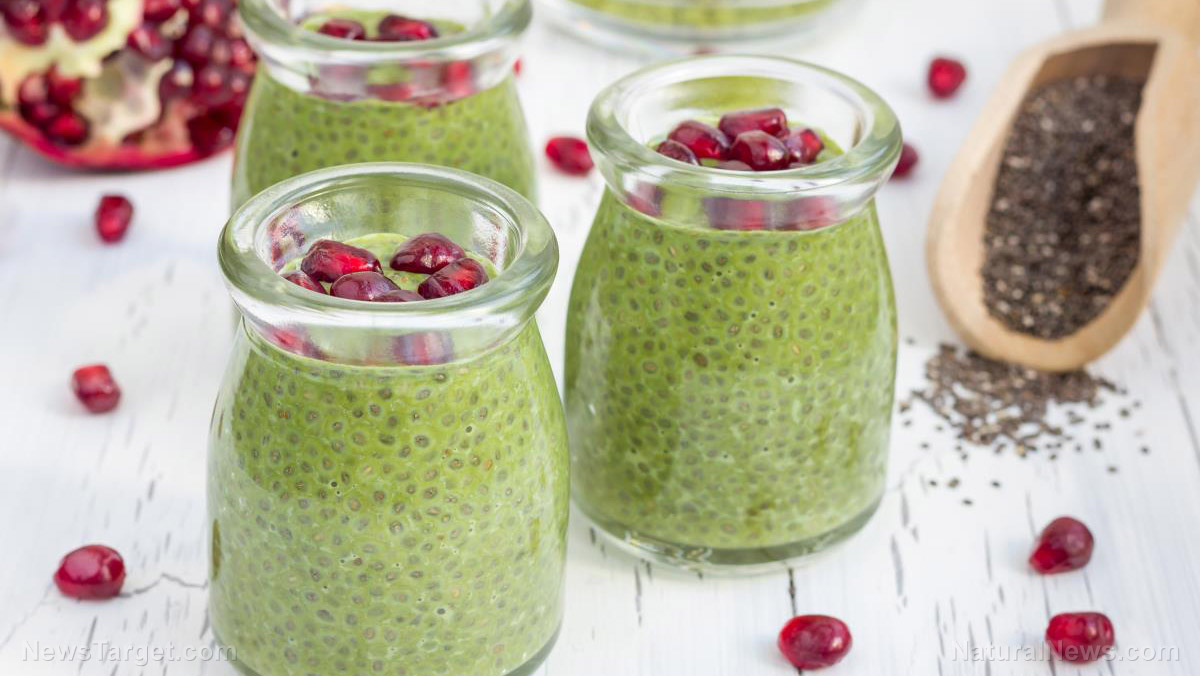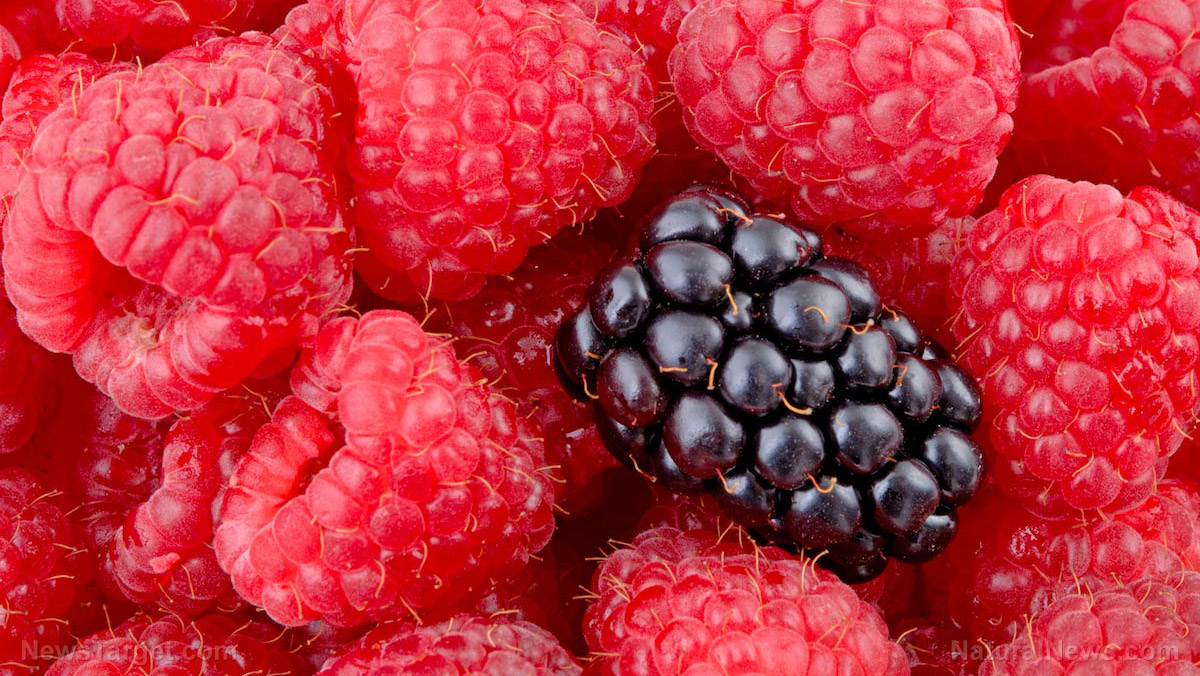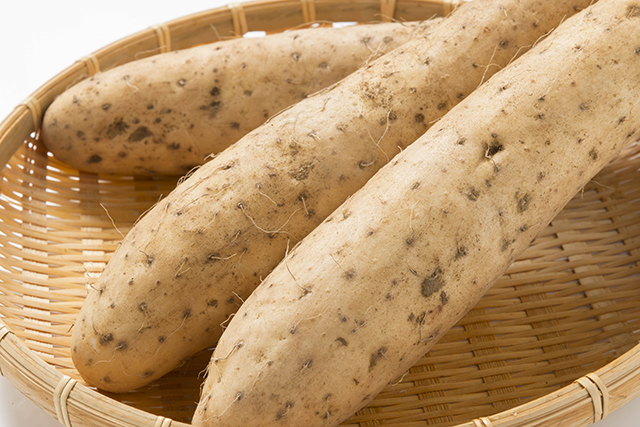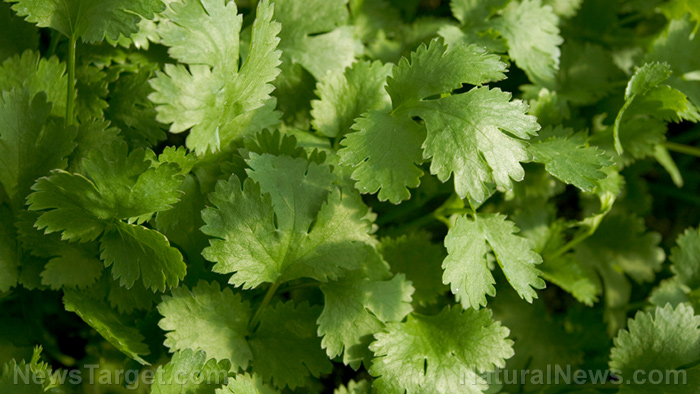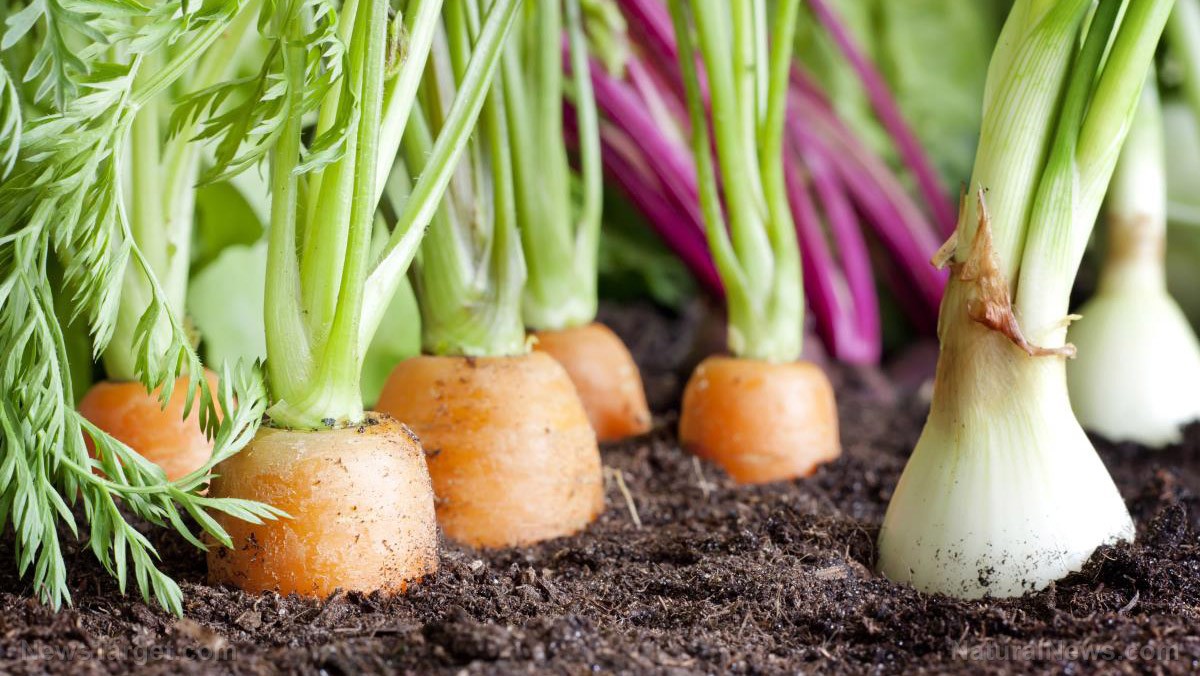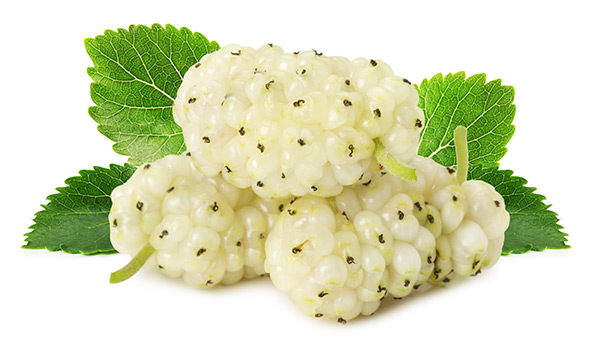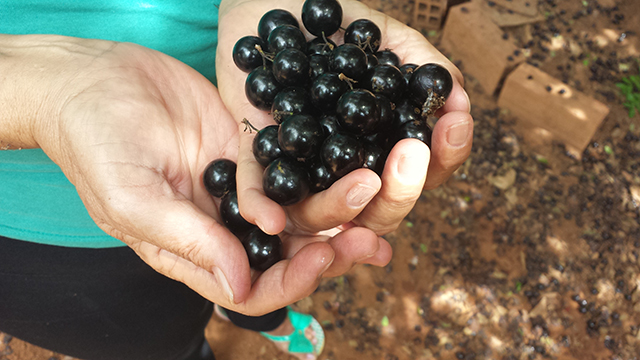Plums can prevent colon cancer cells from spreading – study
07/03/2019 / By Michelle Simmons
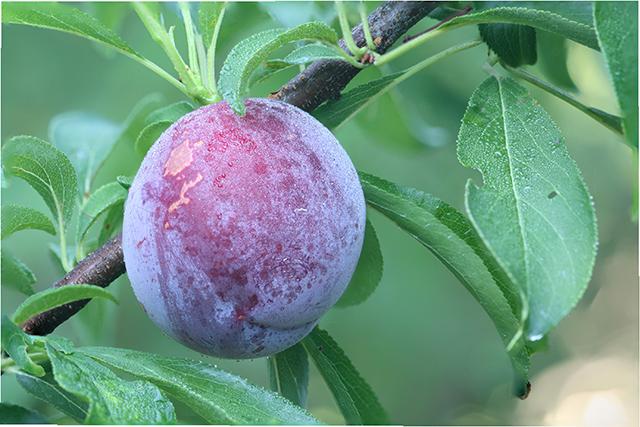
Plums (Prunus salicina L.) can be used as a natural way to prevent colon cancer. A study published in the journal Nutrition Research found that the fruit contains polyphenols, such as chlorogenic acid and neochlorogenic acid, that can inhibit the spread of colon cancer cells.
The nutritional prevention of aberrant crypt foci, which are microscopic lesions in the lining of the colon and rectum, by polyphenols may be a vital step to dietary cancer prevention. So, for the study, researchers at Texas A&M University examined the anti-inflammatory and anti-tumorigenic properties of plum polyphenols, in azoxymethane-treated rats. They hypothesized that plum polyphenols could suppress azoxymethane-induced aberrant crypt foci formation through alterations in the protein kinase B (AKT)/mammalian target of rapamycin (mTOR) pathway and relative micro-RNA expressions. To test this hypothesis, they treated rats with either plum beverage or a control beverage for 10 weeks and administered azoxymethane at the second and third week.
The results showed that plum beverage intake reduced the number of dysplastic aberrant crypt foci by 48 percent and lowered the proliferation of mucosal cells by 24 percent. The consumption of plum beverage also reduced the activity of glutathione peroxidase, superoxide dismutase, and catalase in mucosal scrapings, as well as the superoxide dismutase activity in serum.
In addition, the plum beverage reduced proinflammatory enzymes, as well as the expression of AKT and mTOR messenger RNA, phosphorylated AKT, mTOR, and hypoxia-inducible factor-1? protein levels, and the ratio of the phosphorylated/total protein expression of mTOR. The expression of miR-143, which is involved in the regulation of AKT, was also increased.
With these findings, the researchers concluded that plum might be used to prevent colorectal cancer because of the polyphenols it contains. The team published their results in the journal Nutrition Research.
Immature plum fruits may reduce the risk of breast cancer
An earlier study published in the International Journal of Food and Sciences and Nutrition has found that the immature fruits of plum can be regarded as a safe and promising dietary source for reducing the risk of breast cancer development.
In this study, researchers from Keimyung University in South Korea looked at the anticancer potential of plum at three maturity stages: immature, mid-mature, and mature stages. Earlier research has reported that this fruit has hematopoiesis effects and anti-mutagenic effects and prevents osteoporosis. (Related: Polyphenols in Dried Plums Reduce Risk of Osteoporosis.)
The researchers found that the extract of immature plum fruit had the highest levels of total phenolics and tannins among mid-mature and mature plums. They also found that immature plum fruit extract exhibits cytotoxic effects, which are associated with the activity of the total polyphenols in the fruit. In addition, immature plum fruit extract also induced programmed cell death in MDA-MB-231 cells, which are commonly used to model late-stage breast cancer.
Other health benefits of plum
Plums also offer many other health benefits aside from cancer protection. Here are just some of them:
- Plums are packed with nutrients: Plums contain relatively low amounts of calories, but high amounts of vitamins and minerals, such as fiber, phosphorus, magnesium, and vitamins A, C, and K.
- Plums offer powerful antioxidants: Prunes, which are dried plums, and prune juice are loaded with polyphenol antioxidants, which are beneficial for reducing inflammation and protecting your cells from free radical damage. They can also help reduce your risk of chronic diseases, such as heart disease and diabetes.
- Plums relieve constipation: Prunes and prune juice can be used as a natural remedy for constipation. This beneficial effect can be attributed to their content of fiber and sorbitol.
- Plums lower blood sugar levels: In addition to antioxidants, the fiber content in plums and prunes help lower blood sugar and fight diabetes. They can also increase the levels of adiponectin, a protein that plays a role in blood sugar control.
Plums are easy to add to your diet. You can eat them on their own or add them to smoothies and salads.
Visit AntiCancer.news to learn more about foods that help fight cancer.
Sources include:
Tagged Under: alternative medicine, anti-inflammatory, anticancer, antioxidants, antitumorigenic, cancer, cancer cures, cancer remedies, cancer treatment, Chlorogenic acid, cisplatin, Colorectal Cancer, disease treatments, food as medicine, food cures, natural cures, natural medicine, natural treatment, neochlorogenic acid, plum, plum polyphenols, polyphenols, prevention, Prunus salicina, research
RECENT NEWS & ARTICLES
COPYRIGHT © 2017 FOOD SCIENCE NEWS






